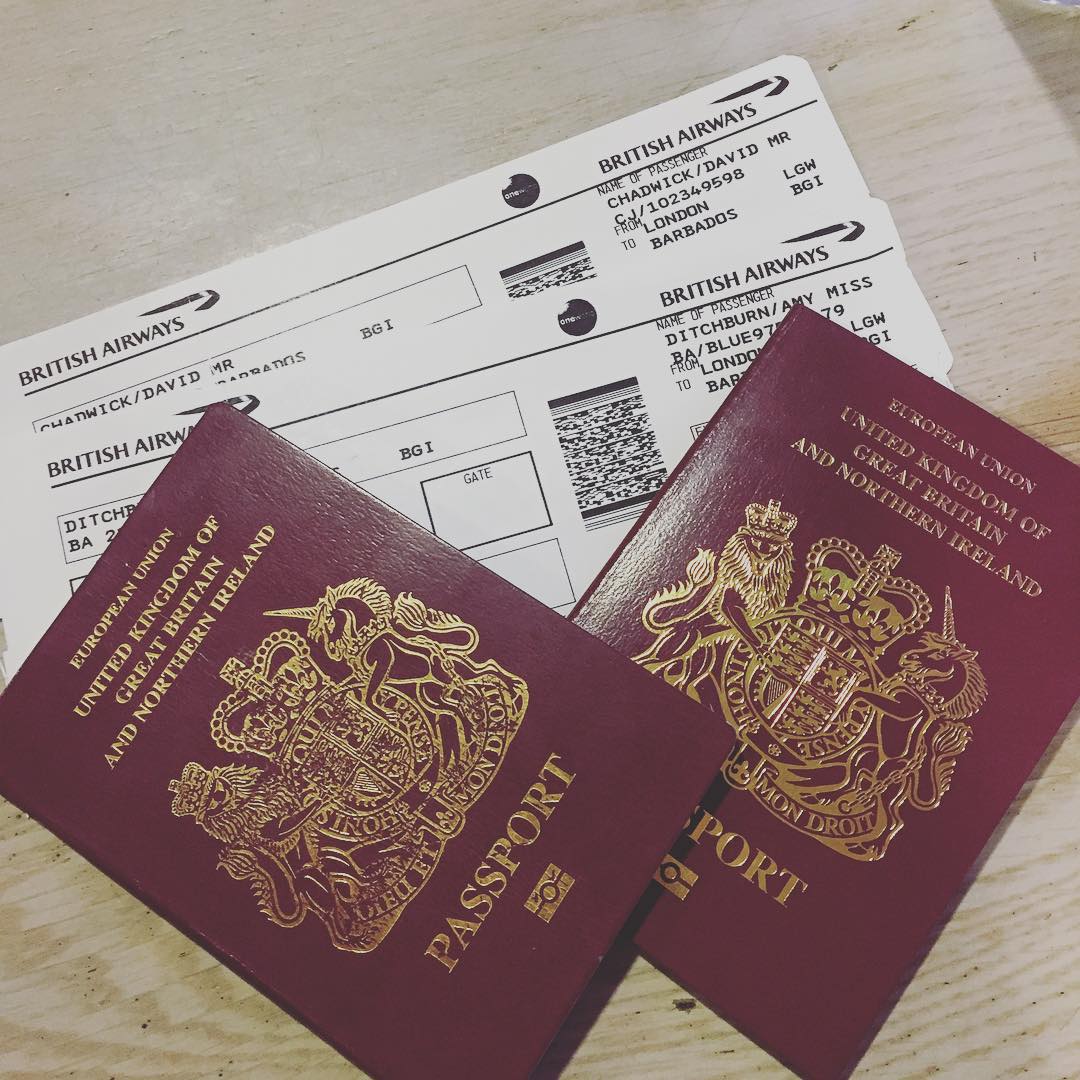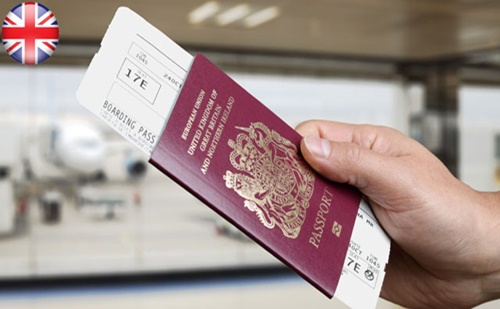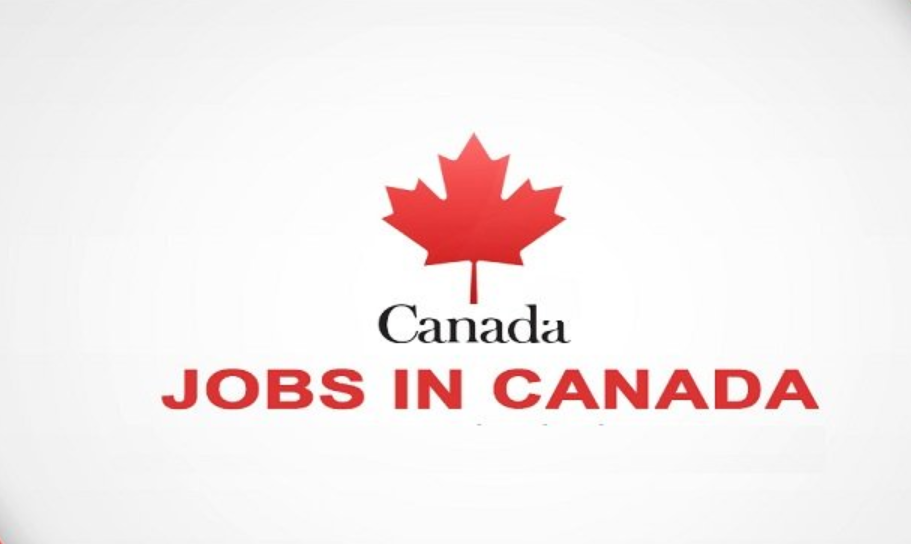Canada Work Permit: How To Get Canada Work Visa
Canada is renowned for its inclusive society, vibrant economy, and breathtaking landscapes, making it an attractive destination for individuals seeking employment opportunities abroad. However, before embarking on this journey, understanding the process of obtaining a work visa is crucial. This comprehensive guide aims to demystify the intricacies of acquiring a work visa for Canada, providing insights into eligibility criteria, application procedures, and essential tips for a successful application.
What is Canadian Work Visa?
Before delving into the application process, it’s essential to grasp the various types of work visas available in Canada.
Types of Work Visas Available in Canada.
- Temporary Work Visas: Designed for individuals intending to work in Canada on a temporary basis. This category encompasses several subcategories such as the Temporary Foreign Worker Program (TFWP) and International Mobility Program (IMP), each tailored to specific employment circumstances.
- Permanent Residency through Employment: Certain work visas, such as the Canadian Experience Class (CEC) and Provincial Nominee Program (PNP), offer pathways to permanent residency based on work experience in Canada.
Eligibility Criteria
To qualify for a Canadian work visa, applicants must meet certain eligibility criteria, which may vary depending on the type of visa and the applicant’s circumstances. Some common requirements include:
- Job Offer: Obtaining a valid job offer from a Canadian employer is often a prerequisite for securing a work visa. The job offer must meet specified criteria, such as being genuine, full-time, and meeting prevailing wage standards.
- Labour Market Impact Assessment (LMIA): In some cases, employers may need to obtain an LMIA to demonstrate that hiring a foreign worker will not negatively impact the Canadian labour market.
- Qualifications and Skills: Applicants must possess the necessary qualifications, skills, and experience relevant to the job they are applying for. This may include educational credentials, professional certifications, and language proficiency.
- Health and Security Clearances: All applicants are required to undergo medical examinations and provide police clearance certificates to ensure they meet Canada’s health and security standards.
Application Process
The process of applying for a Canadian work visa typically involves the following steps:
- Job Search and Offer: Begin by exploring job opportunities in Canada through online job boards, recruitment agencies, or networking channels. Once you secure a job offer, ensure it meets the requirements for a work visa.
- Employer Compliance: If the job offer requires an LMIA, your prospective employer will need to apply for this document from Employment and Social Development Canada (ESDC). The LMIA assesses the impact of hiring a foreign worker on the Canadian labour market.
- Gather Required Documents: Compile all necessary documents for your visa application, including your passport, job offer letter, educational certificates, proof of funds, and any additional supporting documents.
- Submit Application: Depending on the type of work visa, you may apply online through the Immigration, Refugees, and Citizenship Canada (IRCC) website or submit a paper application to the appropriate visa office.
- Biometrics and Medical Examination: Attend a biometrics appointment to provide fingerprints and a photo, if required. Additionally, undergo a medical examination by an approved panel physician to assess your health status.
- Wait for Processing: Once you’ve submitted your application, await processing by IRCC. Processing times may vary depending on various factors, including the volume of applications and your country of residence.
- Decision and Visa Issuance: If your application is approved, you will receive a Port of Entry (POE) Letter of Introduction or a Temporary Resident Visa (TRV), allowing you to enter Canada and commence your employment.
Tips for a Successful Application
Navigating the Canadian work visa application process can be complex, but adhering to the following tips can enhance your chances of success:
- Start Early: Begin the application process well in advance to account for potential delays and processing times.
- Seek Professional Assistance: Consider seeking guidance from immigration consultants or lawyers who specialize in Canadian immigration laws to ensure your application is accurate and complete.
- Provide Accurate Information: Double-check all information provided in your application to avoid errors or discrepancies that could lead to delays or rejection.
- Maintain Communication: Stay informed about the status of your application and respond promptly to any requests for additional information or documentation from IRCC.
Prepare for the Interview: If required, prepare thoroughly for any interviews or assessments conducted as part of the visa application process.
Conclusion
Acquiring a work visa for Canada is a significant undertaking that requires careful planning, preparation, and adherence to immigration regulations. By understanding the eligibility criteria, navigating the application process, and following essential tips, individuals can pursue employment opportunities in Canada with confidence. Whether seeking temporary work or a pathway to permanent residency, Canada offers a wealth of opportunities for skilled professionals from around the world.







